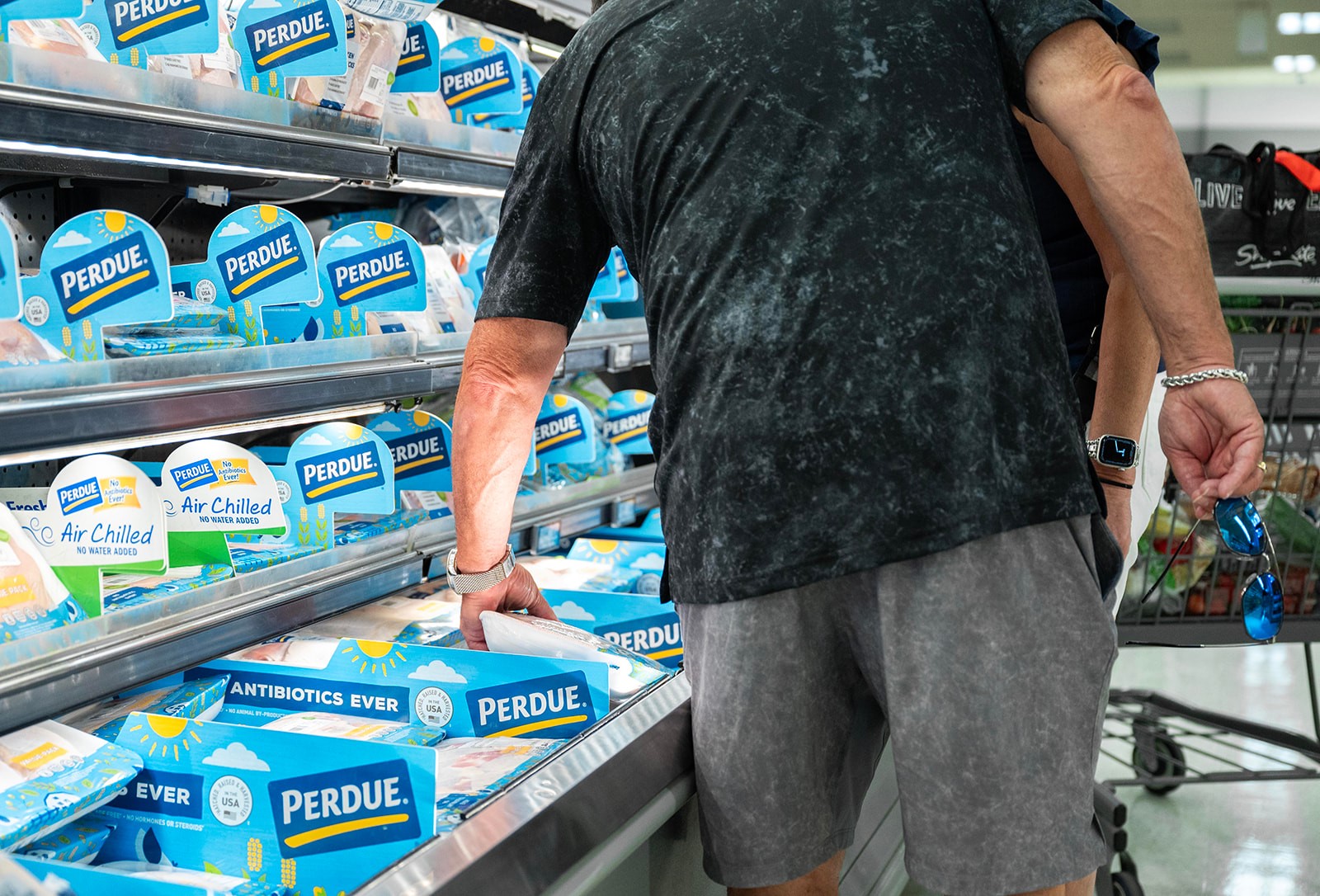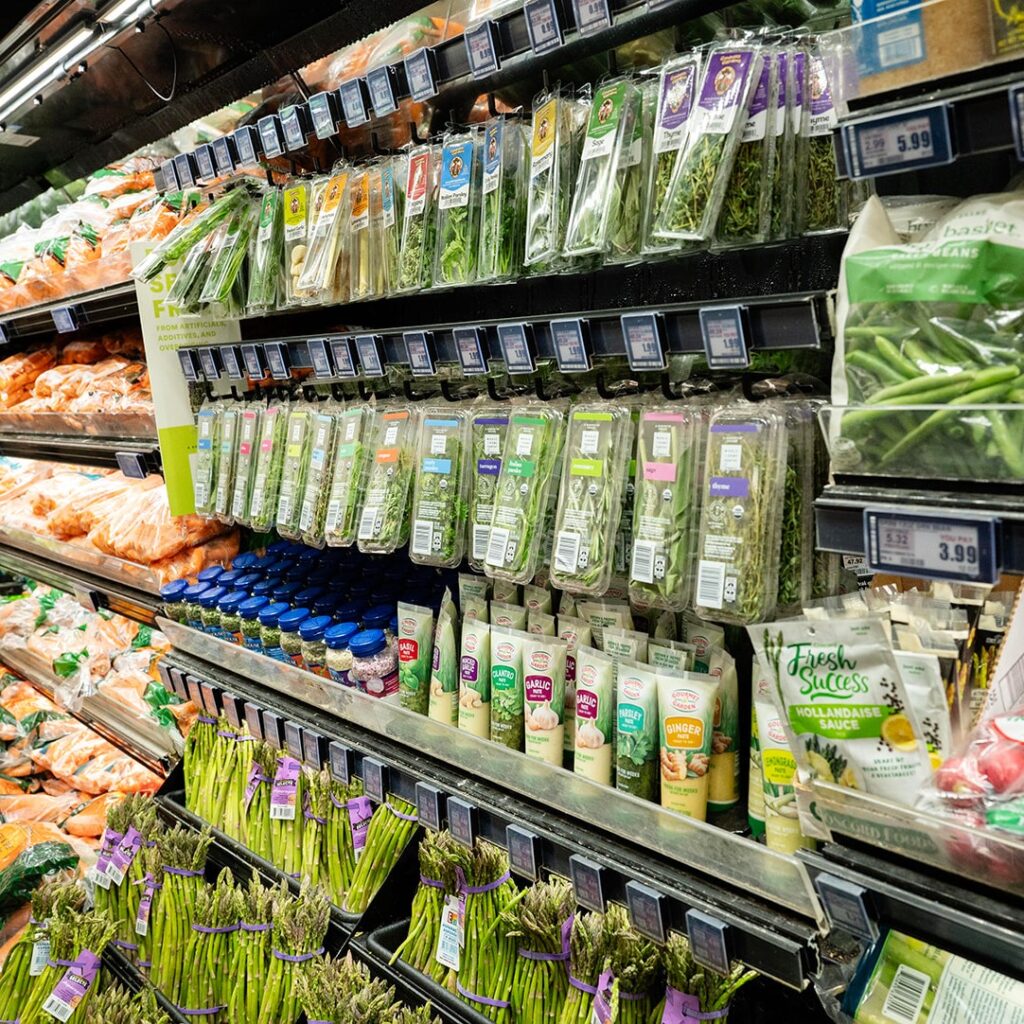-
What types of commercial refrigeration systems do you offer?
We provide a full range of commercial refrigeration systems, which include everything from walk-in coolers and freezers to large-scale refrigeration racks and display cases, ensuring that our customers have the right solutions for their specific needs.
What sets Climate Pros apart is our investment in cutting-edge technology to optimize refrigeration performance. Unlike companies that simply add software to existing systems, we are refrigeration experts who have partnered with top-tier software architects to develop industry-leading monitoring solutions.
Our proprietary software uses machine learning on controller data to reduce noise, pinpoint inefficiencies, and streamline maintenance. This results in fewer service calls, lower operational costs, and improved energy efficiency. Additionally, our advanced reporting tools provide critical compliance and analytics insights—including health scores, dashboards, and trend identification—helping our customers maximize cost savings and system performance. With Climate Pros, you’re not just getting a refrigeration system; you’re getting a smarter, more efficient way to manage refrigeration.
-
How often should commercial refrigeration units be serviced?
For optimal performance, commercial refrigerators should undergo servicing every three to six months. However, factors such as the unit's age, usage patterns, and operating environment can affect how often maintenance is needed.
-
What are the signs that a commercial refrigeration unit needs repair?
A commercial refrigerator is vital for any food or retail business. Over time, frequent use, overloading, power surges, and a lack of maintenance can cause malfunctions. You may notice issues like water pooling, doors not closing properly, or higher energy bills. Regular upkeep can resolve these problems and keep your refrigerator running efficiently.
-
How can I improve energy efficiency in my commercial refrigeration units?
Refrigeration systems rank among the highest energy consumers in commercial settings like restaurants, supermarkets, and food processing plants. With effective strategies and practices, you can significantly lower both energy usage and costs.
- Frequent door openings and improper seals cause significant energy loss. Ensure doors close properly, seals are intact, and staff are trained to keep doors shut when not in use. Installing auto-close hinges or strip curtains can further minimize cold air loss and reduce system strain.
- Routine inspections paired with preventative maintenance help detect issues early, preventing major repairs. Keep condenser coils clean to ensure efficient heat transfer, and check for refrigerant leaks, as even minor leaks can reduce efficiency and increase energy consumption.
- Clean evaporators and fans regularly to maintain airflow and cooling efficiency. - - Dust and debris buildup force the system to work harder, consuming more energy. Additionally, ensure evaporator fins are straight, as bent fins can obstruct airflow and increase energy use.
- Use energy monitoring devices to track real-time consumption, which will help you identify inefficiencies in your commercial refrigeration units. Sudden energy spikes may indicate a malfunction, and early detection allows for prompt repairs, preventing excessive energy waste.
- Investing in energy-efficient refrigeration models reduces long-term operating costs. Look for high-efficiency ratings, LED lighting, advanced compressors, and proper insulation. Selecting the right size is also crucial—oversized units waste energy, while undersized ones overwork to maintain temperature.
-
What should I do if my refrigeration unit is not maintaining the proper temperature?
Fixing a refrigerator that isn’t cooling properly or holding the right temperature requires diagnosing and addressing potential issues:
- Check Placement: Ensure the refrigerator is in a well-ventilated area, away from direct heat sources, and level to maintain proper function.
- Adjust Temperature Settings: Make sure that the fridge and freezer settings are correctly adjusted to recommended levels for optimal cooling.
- Inspect Electrical Connections: Make sure the refrigerator is plugged in properly and check for any electrical issues, including tripped breakers.
- Clean Condenser Coils: Remove dust and debris from the condenser coils, typically located at the back or bottom, to improve cooling efficiency.
- Clear Air Vents: Ensure air vents inside the fridge and freezer are not blocked by food or containers, as proper airflow is essential for even cooling.
- Check Door Seals: Inspect door gaskets for damage; worn-out seals allow warm air in, forcing the fridge to work harder. Replace if necessary.
- Look for Refrigerant Leaks: If cooling issues persist, a refrigerant leak may be the cause. Contact a professional for inspection and repair.
-
What are the benefits of regular maintenance for commercial refrigeration systems?
Regular refrigeration maintenance significantly boosts energy efficiency. Over time, dust, debris, and other contaminants can build up and block airflow, reducing performance. For instance, a clean condenser coil is crucial for maintaining proper temperature control, which is vital for food safety. Routine upkeep keeps your unit in top condition, preventing unexpected breakdowns and ensuring smooth operation.



